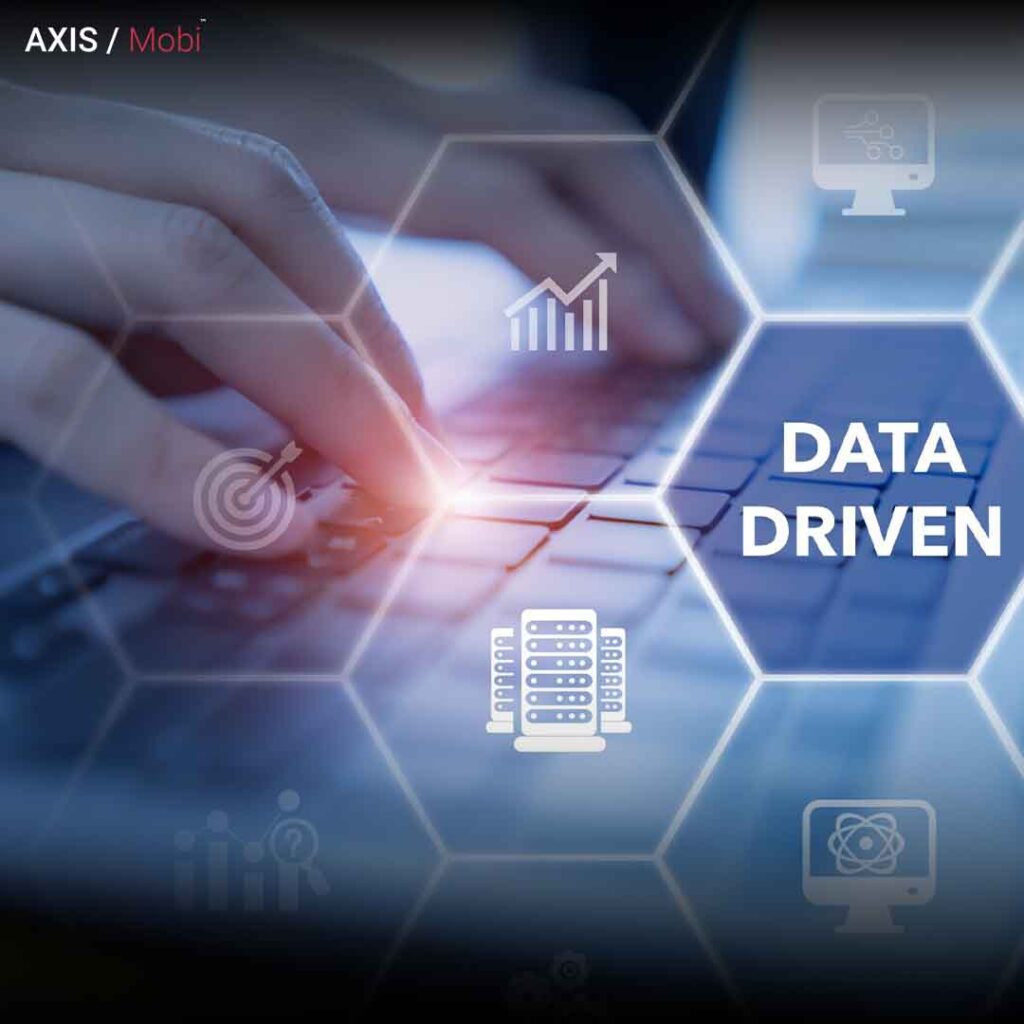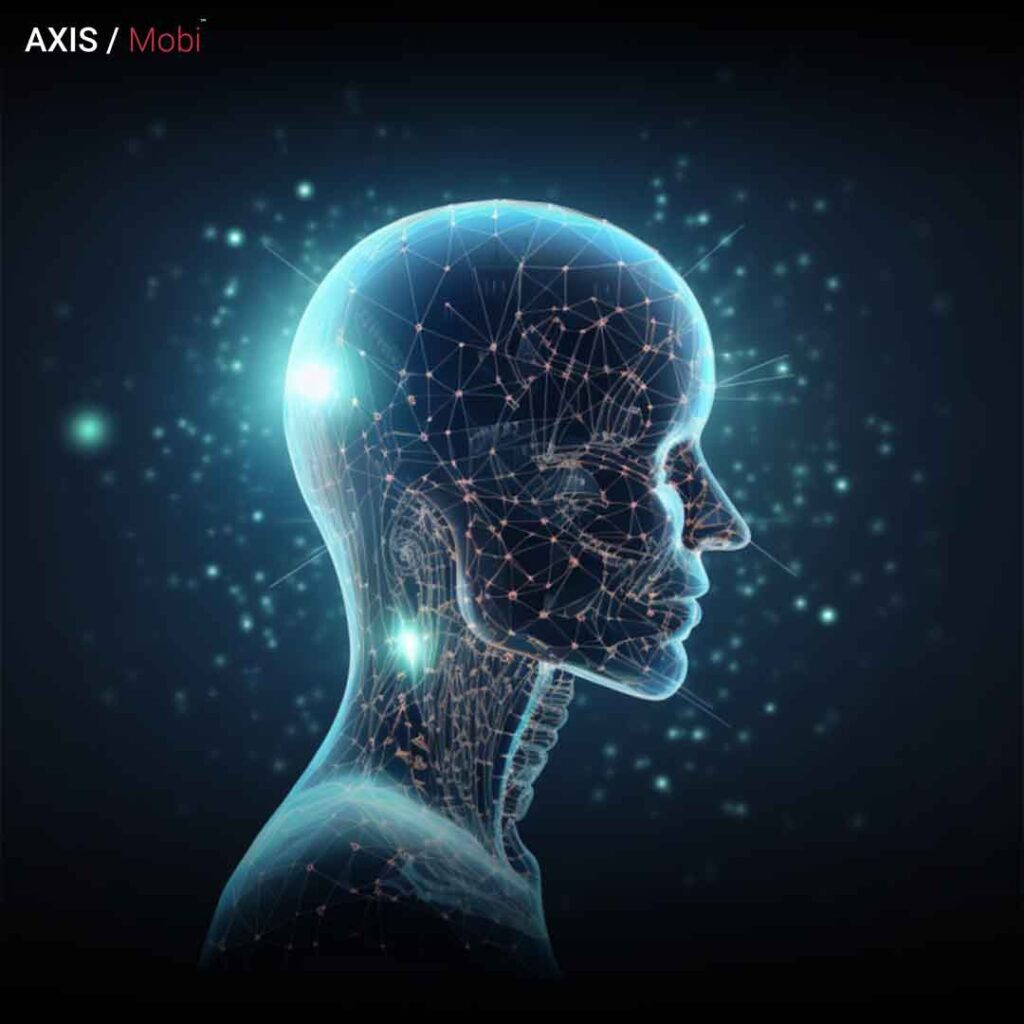In the digital age, data has become the lifeblood of marketing. To thrive in a competitive landscape, businesses must not only collect and analyze data but also leverage it to make informed decisions and create personalized customer experiences. Artificial Intelligence (AI) has emerged as a powerful ally in this endeavor, revolutionizing data driven marketing. In this comprehensive guide, we will explore the pivotal role of AI in data driven marketing and how it empowers organizations to deliver more effective, personalized, and successful marketing campaigns.
Understanding Data Driven Marketing

Data driven marketing is a strategic approach that relies on data and analytics to guide marketing decisions and campaigns. It involves the collection, analysis, and interpretation of data from various sources to gain insights into customer behavior, preferences, and trends. These insights are then used to inform marketing strategies, enabling businesses to deliver personalized, relevant, and effective campaigns.
Key Principles of Data Driven Marketing

- Data Collection: Gathering data from diverse sources, including websites, social media, email campaigns, customer surveys, and more.
- Data Analysis: Employing advanced analytics tools and techniques to process and interpret the collected data, uncovering valuable insights.
- Personalization: Tailoring marketing messages and content to individual customers based on their behavior, preferences, and demographics.
- Continuous Optimization: Iteratively improving marketing campaigns based on data, feedback, and performance metrics.
- Segmentation: Dividing the audience into segments based on shared characteristics or behavior patterns to target them more effectively.
The Rise of Artificial Intelligence in Marketing
Artificial Intelligence, often abbreviated as AI, is the science of simulating human intelligence using computers and algorithms. AI encompasses a wide range of technologies, including machine learning, natural language processing, computer vision, and more. In marketing, AI has gained prominence due to its ability to process vast amounts of data rapidly and make predictions and decisions based on that data.
AI-Powered Marketing: A Paradigm Shift

AI has transformed marketing in several ways:
- Data Analysis: AI algorithms can process and analyze large datasets at speeds impossible for humans. This capability enables marketers to gain deeper insights from data.
- Personalization: AI enables hyper-personalization by tailoring content, product recommendations, and messages to individual customers based on their behavior and preferences.
- Predictive Analytics: AI models can forecast future customer behavior and trends, helping marketers make proactive decisions.
- Automation: AI-driven marketing automation streamlines repetitive tasks, such as email campaigns, social media posting, and chatbot interactions, saving time and resources.
- Customer Insights: AI-powered sentiment analysis and social listening tools allow marketers to understand public sentiment about products, brands, and campaigns.
The Role of AI in Data Driven Marketing

Artificial Intelligence plays a multifaceted role in data driven marketing, influencing every stage of the marketing process. Let’s explore how AI empowers data driven marketing decision making:
1. Data Collection and Integration
Challenge: Data often resides in disparate sources, making it challenging to create a comprehensive view of the customer.
Role of AI: AI-powered data integration tools can connect and unify data from various sources, including CRM systems, e-commerce platforms, social media, and IoT devices. AI algorithms help in real-time data processing, ensuring that data flows smoothly from source to storage.
2. Customer Segmentation
Challenge: Effective segmentation requires a deep understanding of customer behavior and preferences.
Role of AI: AI-driven customer segmentation uses machine learning algorithms to identify patterns and group customers with similar characteristics or behaviors. AI can uncover hidden segments and continuously adapt to changing customer dynamics, enabling marketers to create highly targeted campaigns.
3. Personalized Content
Challenge: Creating content that resonates with individual customers demands insights into their preferences.
Role of AI: AI-driven content personalization involves analyzing customer data to determine the most relevant content, product recommendations, and messaging for each individual. AI algorithms can dynamically adjust content in real-time based on user behavior and preferences.
4. Data-Driven Campaigns
Challenge: Optimizing marketing campaigns demands real-time insights and automation.
Role of AI: AI-powered marketing automation platforms use machine learning to optimize ad targeting, budget allocation, and bidding strategies in real-time. Marketers can set objectives, and AI algorithms adjust campaign parameters to achieve those goals efficiently.
5. Measurement and Analysis
Challenge: Accurately measuring the effectiveness of marketing efforts requires comprehensive data analysis.
Role of AI: AI-driven analytics tools provide deeper insights into campaign performance by analyzing vast datasets. Machine learning models can identify which marketing touchpoints contribute most to conversions and ROI, allowing for more accurate attribution modeling.
6. Continuous Optimization
Challenge: Marketing strategies must evolve based on data driven insights.
Role of AI: AI-driven marketing platforms use predictive analytics to anticipate customer behavior and optimize campaigns accordingly. By continuously analyzing data, AI algorithms identify trends, anomalies, and opportunities for improvement.
Advanced AI Techniques in Data Driven Marketing
Beyond basic AI capabilities, advanced techniques further enhance data driven marketing:
1. Predictive Analytics
Role in Data Driven Marketing: Predictive analytics models use historical data to forecast future customer behavior, such as purchase intent, churn likelihood, and lifetime value. These insights empower marketers to make proactive decisions and tailor campaigns to specific customer segments.
2. Natural Language Processing (NLP)
Role in Data Driven Marketing: NLP enables marketers to analyze and understand customer sentiment by processing text data from social media, reviews, and customer feedback. NLP-powered chatbots and virtual assistants also enhance customer interactions by providing instant, context-aware responses.
3. Customer Lifetime Value (CLV) Analysis
Role in Data Driven Marketing: CLV analysis uses AI algorithms to calculate the expected value a customer will generate over their lifetime. This metric helps organizations prioritize high-value customers, optimize acquisition costs, and tailor marketing strategies.
4. Attribution Modeling
Role in Data Driven Marketing: AI-driven attribution models help marketers understand the impact of various marketing touchpoints on conversions. By accurately attributing conversions to specific interactions, organizations can allocate resources effectively and optimize their marketing mix.
5. Computer Vision
Role in Data Driven Marketing: Computer vision technology allows marketers to analyze visual content, such as images and videos, for valuable insights. It can detect logos, products, and user-generated content, providing opportunities for user-generated content campaigns and brand monitoring.
Overcoming Challenges in Implementing AI in Data-Driven Marketing
While AI offers tremendous potential in data driven marketing, organizations may face challenges during implementation:
1. Data Quality
Challenge: AI models depend on clean, accurate, and well-structured data.
Solution: Invest in data quality tools and processes to ensure data accuracy and consistency. Regularly audit and cleanse data to maintain its integrity.
2. Skill Gap
Challenge: Implementing AI requires skilled data scientists and analysts.
Solution: Invest in training and development programs to build AI capabilities within your organization. Consider outsourcing or partnering with AI experts to bridge skill gaps.
3. Privacy and Compliance
Challenge: Stricter data privacy regulations, such as GDPR and CCPA, require businesses to handle customer data with care and ensure compliance.
Solution: Develop and enforce strict data privacy and compliance policies. Implement consent management tools to ensure data is collected and used in accordance with regulations.
4. Resource Constraints
Challenge: Implementing AI solutions can be resource-intensive.
Solution: Prioritize and allocate resources strategically. Cloud-based AI platforms offer scalability without significant upfront infrastructure costs.
5. Algorithm Bias
Challenge: AI algorithms may introduce bias, leading to unintended consequences.
Solution: Regularly audit and fine-tune algorithms to identify and mitigate bias. Involve diverse teams in algorithm development to minimize bias and ensure fairness.
The Future of AI in Data Driven Marketing
The future of AI in data driven marketing is dynamic and promising, with several trends shaping the landscape:
- Hyper-Personalization: AI-driven personalization will become even more granular, tailoring content and experiences to individual preferences and behavior.
- Voice Search Optimization: As voice search continues to grow, AI will play a crucial role in optimizing marketing strategies for voice-based interactions.
- AI-Powered Creativity: AI-generated content and creative assets will become more prevalent, supporting marketers in content creation and design.
- AI-Driven Chatbots: Chatbots and virtual assistants will become increasingly intelligent and capable of handling complex customer interactions.
- AI Ethics and Transparency: Organizations will focus on ensuring that AI-powered marketing remains ethical, transparent, and accountable.
Conclusion
Artificial Intelligence has become an indispensable tool in data driven marketing decision making. By leveraging AI technologies, organizations can collect, integrate, and analyze data more effectively, enabling personalized, relevant, and successful marketing campaigns.
From data collection and customer segmentation to content personalization, campaign optimization, and predictive analytics, AI enhances every facet of data driven marketing. Advanced AI techniques, such as NLP, CLV analysis, attribution modeling, and computer vision, further augment decision-making capabilities.
While implementing AI in data driven marketing presents challenges related to data quality, skill gaps, privacy, resource constraints, and algorithm bias, the potential rewards are substantial. As organizations continue to embrace AI, they will lead the way in delivering exceptional customer experiences and achieving marketing success. In an era where data driven marketing is not just a strategy but a necessity, AI serves as the engine that propels organizations toward greater customer engagement and competitive advantage.




